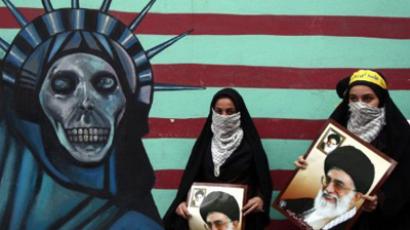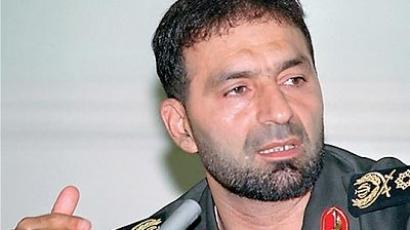Should Iran leave IAEA?
With the credibility of an IAEA report on Iran’s secretive nuclear activity being questioned, some experts say the Iranian people should ask their government why their country is still a member of the UN nuclear agency.
Journalist Afshin Rattansi who spoke to RT expressed doubts about the reliability of the International Atomic Energy Agency and labeled it as a “sham.”
He noted that WikiLeaks quoted U.S. ambassador Glen Davis as saying that agency’s chief Yukiya Amano agreed with the United States on all key strategic decision-making and agreed on America's handling of the Iranian nuclear program.
“And what is so disappointing is how UN institutions can be used in this way to forge geostrategic purposes by the United States and Israel and U.S. allies,” Rattansi said.
“I don’t even understand why Iran is even part of it [IAEA] anymore given the lies we’ve heard since,” he added.
According to the journalist the IAEA seems to be a part of a “drumbeat for war, if not a nuclear war.”
Patricia DeGennaro, senior fellow at the World Policy Institute warned that “We are playing a very dangerous game of rhetoric here on both sides.”
Unlike in Afghanistan, there are a lot more parties affected in this game, she noted. “This is not so black and white.”
DeGennaro believes Tehran is however serious about maintaining relations with the international community.














